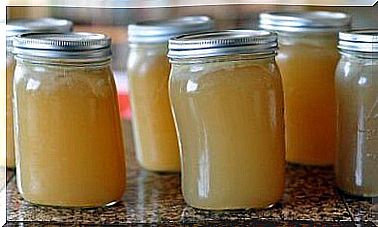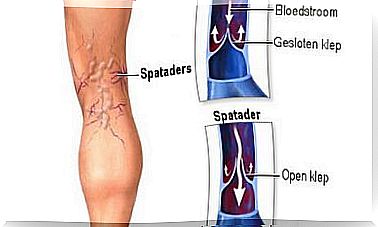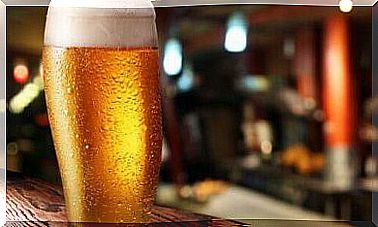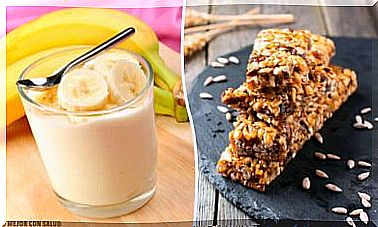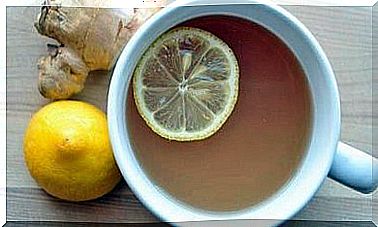Foods For Vegan Athletes
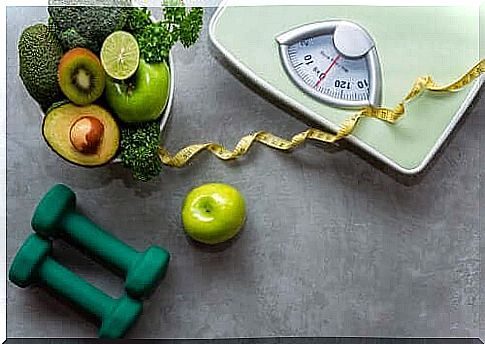
In this article, we’ll tell you what foods vegan athletes should eat. You can still exercise if you eat vegan. Vegan and vegetarian diets are suitable for almost all stages of life and all types of people.
The vegan diet provides you with all the specific nutrients you need if you choose the right foods and plan your menus well. However, you need to put this diet together properly to:
- prevent nutritional deficiencies
- improve your performance
- prevent injuries
A vegan diet for athletes
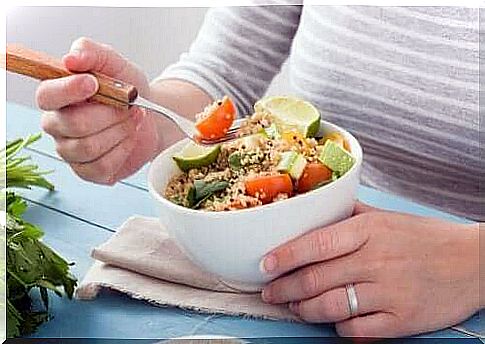
A vegan may have ideological or health motives or simply choose to follow this diet because it consists of products they like. Either way, their menus can be as balanced as those of omnivores. The vegan diet is therefore certainly not unsuitable for exercising or becoming a professional athlete.
However, a vegan diet for athletes should consider an athlete’s needs. Also, they should pay special attention to replacing the proteins that contain foods of animal origin.
Are There Actually Known Vegan Athletes?
The answer to this question is a resounding yes! Vegan athletes participate in all kinds of sports. Here are some examples:
- Lizzy Hawker, a long-distance runner and five-time winner of the Ultra-Trail Tour du Mont Blanc.
- Edwin Moses, a two-time Olympic champion in the 400m hurdles.
- Dave Scott, a vegan triathlete and six-time Ironman Triathlon Hawaii champion.
- Alberto Pelaez Serrano, a vegan long-distance runner.
- Sergio Aguero, a professional football player.
- Patrik Baboumian, a German contestant bodybuilder among the heavyweights.
- The Williams sisters, tennis players.
- Frank Medrano, a body weight expert in calisthenics.
What are these athletes doing to design their diets to get all the nutrients their bodies need to deliver these feats? Let’s take a closer look at this.
Foods Vegan Athletes Should Eat
Fruit and vegetables
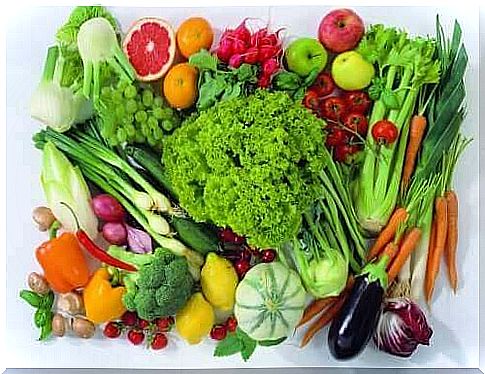
A vegan athlete should base his diet on fresh, seasonal foods. Athletes following a vegan diet shouldn’t just eat rice and pasta, as many people tend to think. Eating seasonal fruits and vegetables is essential because all athletes need more nutrients.
- Athletes who are trying to lose fat should mainly choose vegetables.
- At the same time, athletes who want to gain weight and improve their performance should give more priority to eating fruit.
Although it is also filling, fruit contains more calories and carbohydrates than the previously mentioned group. Of course, this advice applies in addition to the other foods that we will mention below.
Carbohydrates
Vegan athletes should include rice, oats, quinoa and other seeds and nuts in their diet, which provide many different vitamins and minerals in addition to protein and healthy fats. Legumes and nuts are good sources of carbohydrates, in addition to being the main sources of protein in a vegan diet.
This is one of the reasons why vegan athletes should avoid opting too often for other grains that have less nutritional value. Instead, they should add more food choices with legumes, seeds, and nuts.
For example, they should opt for legume flour (such as chickpea flour) or vegetable pasta (such as pea or lentil pasta) instead of ‘white’ wheat pasta.
Proteins for vegan athletes
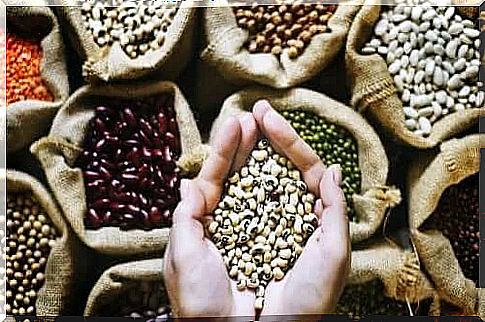
For many, the protein is the problem with vegan diets in athletes. After all, when most people think of this macronutrient, only animal sources come to mind. Legumes are an important source of vegetable protein, which is why athletes should include them in their diet.
They can be consumed in stews, salads and preparations such as hummus, which are very high in calories and nutrients.
Other good options are nut recipes, which you can make at home by grinding nuts. Think, for example, of almond and hazelnut spread, cashew butter and peanut butter.
Mushrooms are also a food to consider for their nutritional value, as is the brewer’s yeast. A few tablespoons can provide each of your dishes with about 12-15 grams of protein.
fats
Essential fatty acids are another common point of discussion when it comes to vegan diets. As you probably know, oily fish is the best source of essential omega-3 fatty acids. However, that does not mean that these are the only sources of fatty acids. You can find vegan fats in, for example:
- nuts. Think of walnuts, peanuts, almonds, hazelnuts, cashews, pistachios and pine nuts.
- seeds. For example, seeds of pumpkin, sunflower, sesame, flax and poppy.
- Certain fruits. For example, think of avocados, olives, and the like.
- Vegetable margarine (preferably organic).
Remember that it is the certified sports dietitian’s responsibility to help you ensure that your diet is complete, balanced and meeting all your needs. This allows you to achieve optimal health and good performance.
